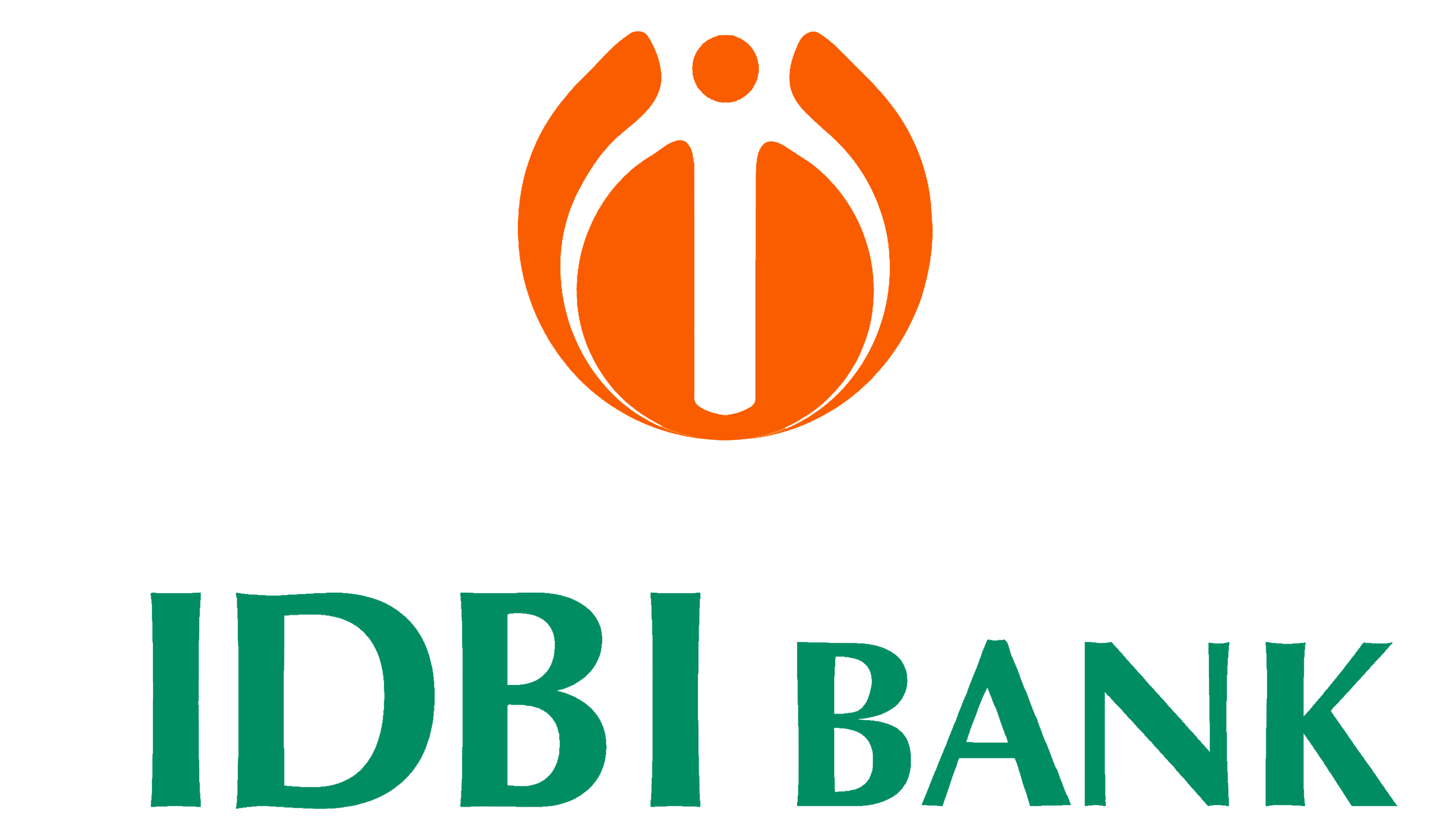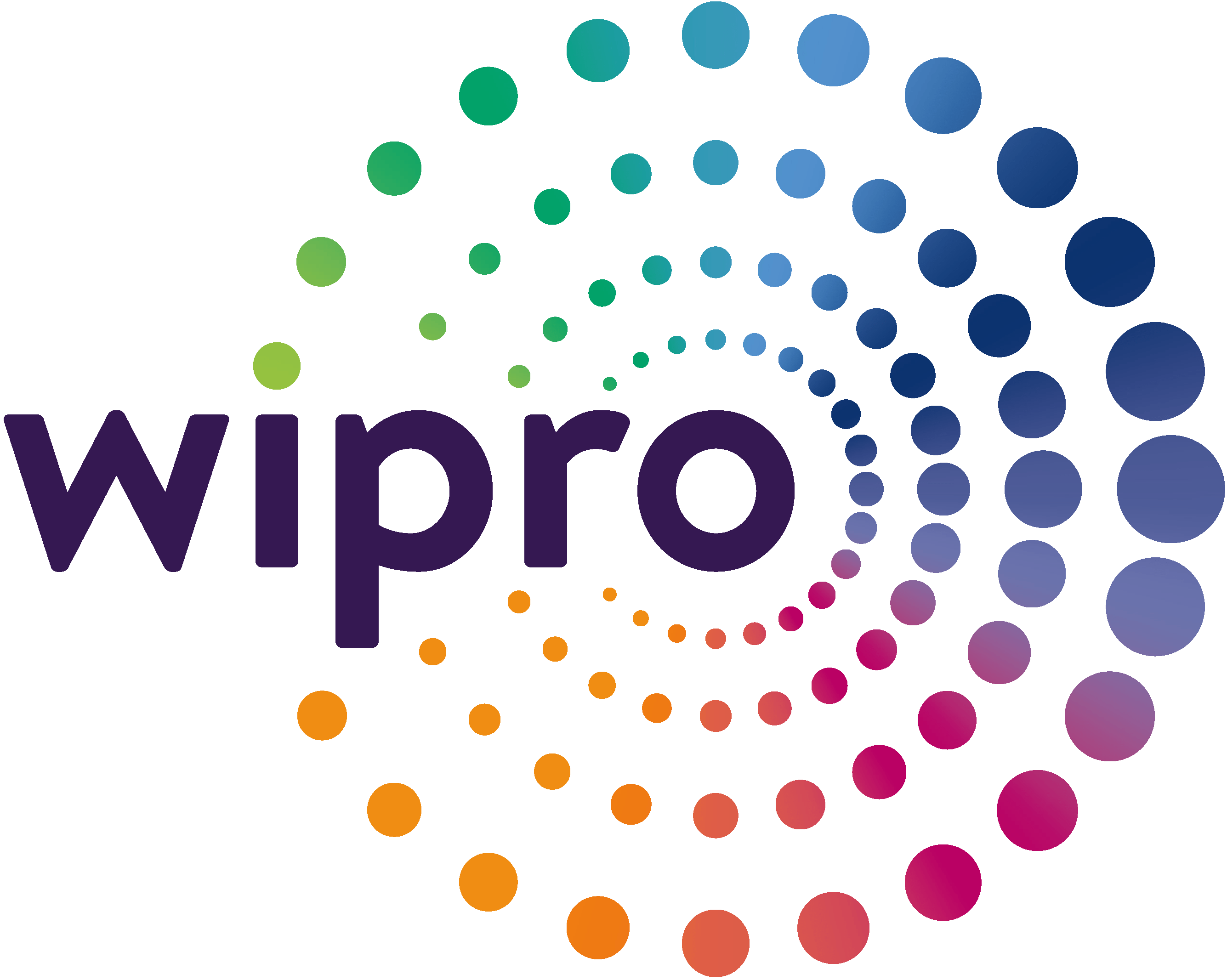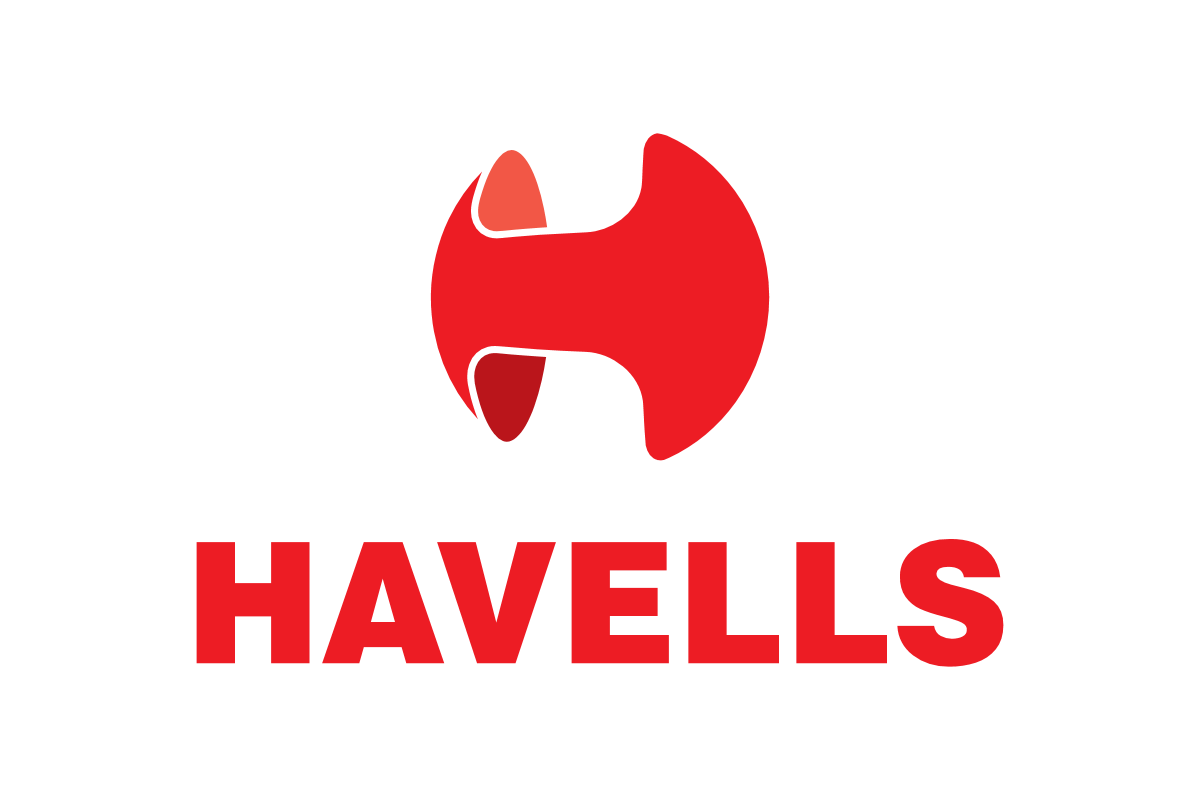Legal Compliance and Credibility: Regular ROC filings affirm that the organization adheres to the stipulations of the Companies Act, 2013, ensuring its legal status remains intact and enhancing its reputation among authorities, donors, and stakeholders.
Increased Transparency and Credibility: Filing comprehensive annual financial reports and statutory returns showcases a commitment to openness and accountability, thereby strengthening trust with donors, beneficiaries, and regulatory agencies.
Boosted Public Confidence: Timely and accurate ROC submissions reflect the organization’s dedication to transparency and responsible management, encouraging greater community support and stakeholder endorsement.
Facilitation of Grants and Donations: Compliance with ROC requirements streamlines the process of securing grants, donations, and funding from government bodies and philanthropic organizations.
Protection of Tax Benefits: Consistent adherence to filing obligations helps maintain eligibility for tax exemptions under sections like 12A and 80G, providing financial advantages for both the organization and its donors.
Legal Safeguards and Risk Reduction: Regular ROC compliance acts as a safeguard against penalties, legal actions, or sanctions resulting from lapses in statutory obligations.
Enhanced Governance and Management: Mandatory filings promote systematic record-keeping, transparency, and sound governance practices, leading to more effective oversight and organizational efficiency.
Foundation for Expansion and Collaboration: A transparent, compliant organization is better positioned to establish partnerships with government agencies, NGOs, and international organizations, facilitating growth and strategic alliances.
Maintains Good Standing with Authorities: Consistent ROC filings ensure the organization remains in good legal standing, avoiding penalties, suspension, or potential dissolution.














